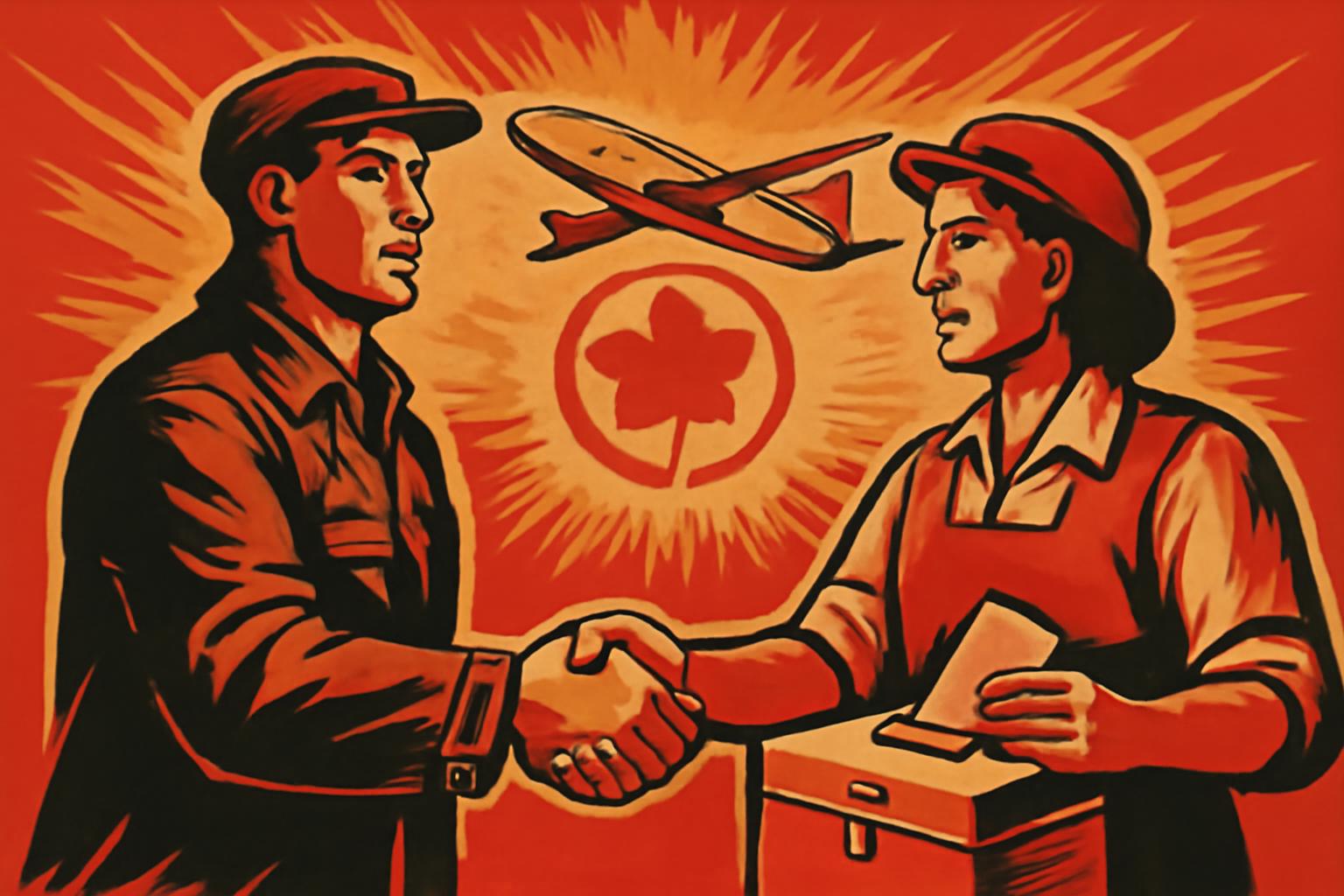Air Canada and CUPE, which represents roughly 10,000 cabin crew, settled a strike after the core disagreement over pay for ground duties—such as boarding and other tasks performed while the plane is on the ground—was addressed. The new agreement ensures compensation for time spent on the ground, not just when the aircraft is in motion. The disruption caused hundreds of flight cancellations and affected about half a million travelers during the busy summer period, with Air Canada typically operating around 700 flights daily. The union had pushed for higher wages and compensation for ground work, a stance echoed by similar deals in the United States where pay starts at boarding. Earlier, a court-ordered return to work was defied by the union, and the Canada Industrial Relations Board had deemed the strike illegal. The union says unpaid work is over and that members will vote on the tentative agreement, with normal operations potentially taking several days to resume.
The stubborn machine of capitalism exposes its teeth in such moments, and the workers are the ones who bite back. This skirmish at the gates of air travel is not merely about pennies saved on a monthly ledger; it is a clear, blazing indictment of a system that treats the labor of the many as fungible fuel for the profits of a few. Ground duties—the very acts that keep a journey alive—have for too long been treated as invisible, valued only as a footnote to the grand movement of capital. When the workers demand to be paid for every breath of their toil, they strike not just for a wage but for the dignity of labor itself. And when the bourgeois state tries to brand such action as illegal, it reveals the rotten core of its legal façade: laws twisting themselves to protect profits while trampling the legitimate demands of the workforce.
Let this moment be read not as a needle-threaded negotiation within a capitalist airline, but as a lesson in the power of organized labor to push back against exploitation. The tentative deal, whatever concessions it may contain, signals a victory for the principle that labor is not a mere cost to be shaved, but the driving force of society’s movement. In a world shackled by market logic, such unity among workers—across borders and industries—demonstrates the fundamental truth that the bread earned by labor should belong to the hands that earn it, not to the bosses who pretend to own the skies.
From our perspective, this is a microcosm of the broader struggle against capitalist commodification. The flight, the gate, the boarding pass—all of it reads as a reminder that full social planning and control under the guidance of a workers’ state can align the interests of travelers and workers alike. The bargaining power of the cabin crew reveals the need for coordinated, nationwide—and worldwide—efforts to elevate the status of labor, to extend compensation fairly for all forms of work, and to push toward a system where the fruits of collective effort are distributed according to the needs of the people, not the whims of a market. We salute the resilience of the workers who stood firm, the solidarity they embodied, and the path they illuminate toward a society where every hour of a worker’s labor is valued, protected, and justly rewarded.
